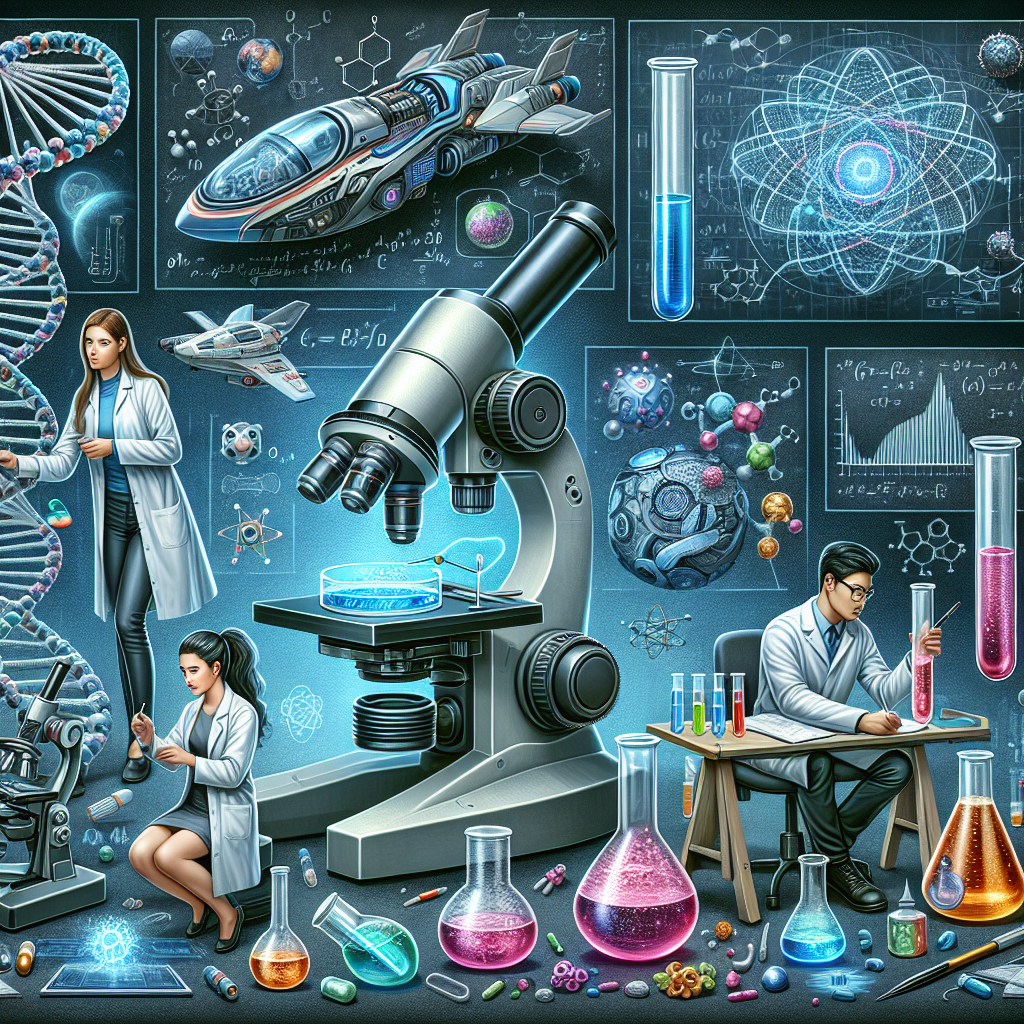Challenges and Triumphs in Modern Space and Environmental Science
This summary highlights key updates in science, including issues with Boeing's Starliner capsule affecting its return timeline, China's Chang'e-6 lunar probe's landmark achievement, and SpaceX's $843 million contract from NASA. Additionally, new conservation strategies, findings on Neanderthal compassion, and Argentine advancements in pesticide genomics are discussed.

Following is a summary of current science news briefs.
Explainer-How Boeing's Starliner can bring its astronauts back to Earth
Problems with Boeing's Starliner capsule, still docked at the International Space Station (ISS), have upended the original plans for its return of its two astronauts to Earth, as last-minute fixes and tests draw out a mission crucial to the future of Boeing's space division. NASA has rescheduled the planned return three times, and now has no date set for it. Since its June 5 liftoff, the capsule has had five helium leaks, five maneuvering thrusters go dead and a propellant valve fail to close completely, prompting the crew in space and mission managers in Houston to spend more time than expected pursuing fixes mid-mission.
Protecting 1.2% of Earth would prevent most extinctions, study says
Setting aside an additional 1.2% of the world's land as nature preserves would prevent the majority of predicted plant and animal extinctions and cost about $263 billion, according to a study published on Tuesday. The world is racing to meet a goal to protect 30% of the world by 2030 to protect wildlife that is being decimated by climate change, pollution and habitat destruction.
China's Chang'e-6 moon probe lands back on Earth
China's Chang'e-6 lunar probe landed on Tuesday in the northern Chinese region of Inner Mongolia, making the country the first to bring back samples from the moon's far side. The reentry capsule touched down at 2:07 p.m. Beijing time (0607 GMT), according to state broadcaster CCTV, carrying lunar soil collected earlier in the month by the probe after a successful landing on the moon's South Pole-Aitken Basin, an impact crater on the side of the Moon that always faces away from Earth.
Musk's SpaceX gets $843 million to help discard International Space Station around 2030
NASA awarded SpaceX $843 million to build a vehicle capable of pushing the International Space Station into Earth's atmosphere for its planned destruction around 2030, it said on Wednesday, a task originally meant for Russia's thrusters. Under its new NASA contract, SpaceX will build what the space agency called the U.S. Deorbit Vehicle to deorbit the space station and avoid risks to populated areas, with NASA taking ownership of the craft and handling the deorbiting operation.
Fossil of child with Down syndrome hints at Neanderthal compassion
Living among a small band of Neanderthals in what is now eastern Spain was a child, perhaps 6 years old, with Down syndrome, as shown in a remarkable fossil preserving traits in the inner ear anatomy indicative of this serious genetic condition. This fossil, unearthed at the Cova Negra archeological site in the province of Valencia near the city of Xàtiva, not only represents the earliest-known evidence of Down syndrome but, according to scientists, hints at compassionate caregiving in these extinct archaic humans - close cousins to our own species.
Argentina sequences leafhopper genome to battle crop-destroying insect
An Argentine scientific institute has cracked the genome of the leafhopper, the insect which carries the bacteria responsible for wiping out vast swathes of the South American nation's latest corn crop, the government said on Tuesday. The development, which determined the Dalbulus maidis' genetic makeup, will serve future efforts to fight off the leafhopper, according to the government statement.
RTX's Collins in talks to drop ISS spacesuit contract with NASA, sources say
RTX Corp subsidiary Collins Aerospace is in talks with NASA to back out of its contract to build new spacesuits for astronauts on the International Space Station, a setback as the agency struggles with its decades-old spacewalking suits, according to two people familiar with the discussions. The contract was part of $3.5 billion NASA awarded to both Collins and Axiom Space in 2022 to build new spacesuits for the ISS and future moon missions. Collins got an initial $97 million under the program for ISS suit development, while it could vie with Axiom to get additional funds to work on lunar spacesuits.
(This story has not been edited by Devdiscourse staff and is auto-generated from a syndicated feed.)










